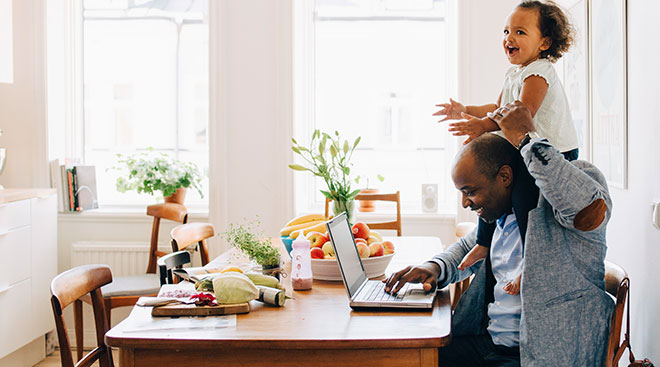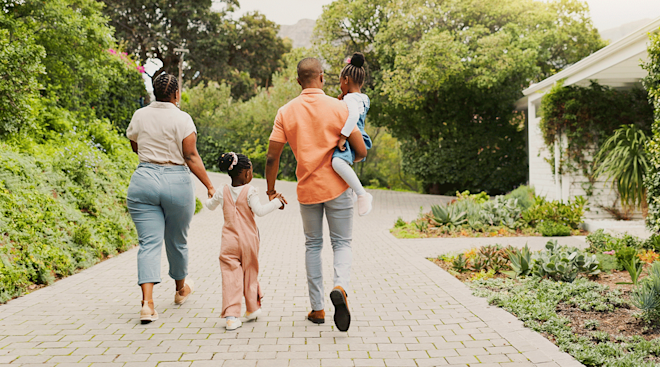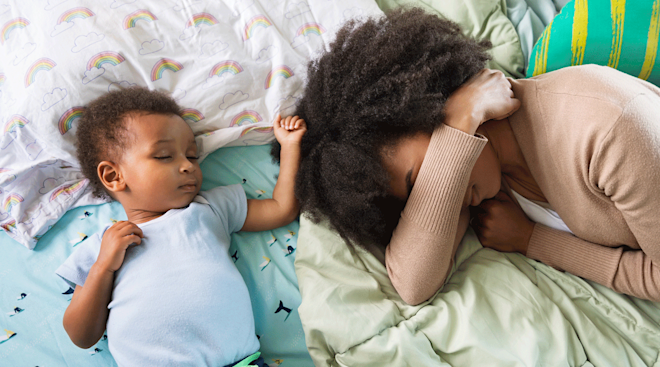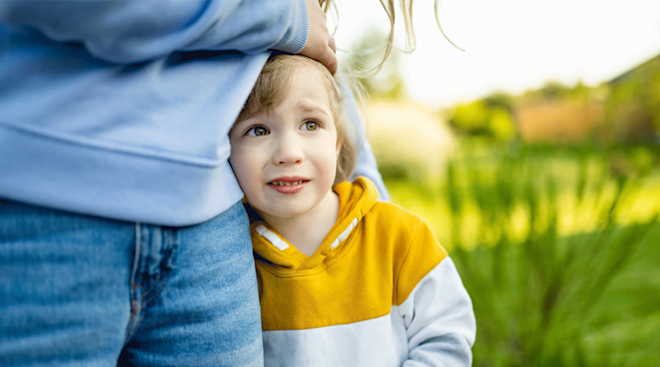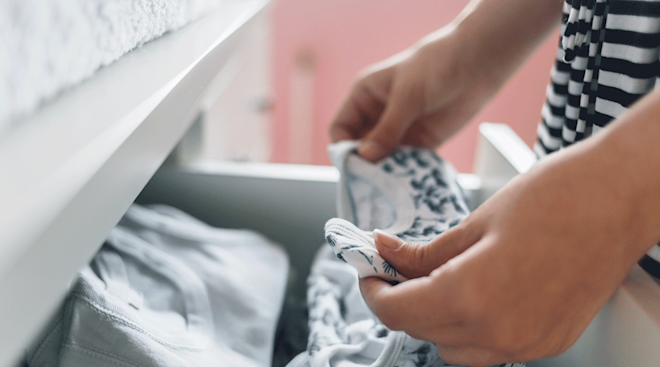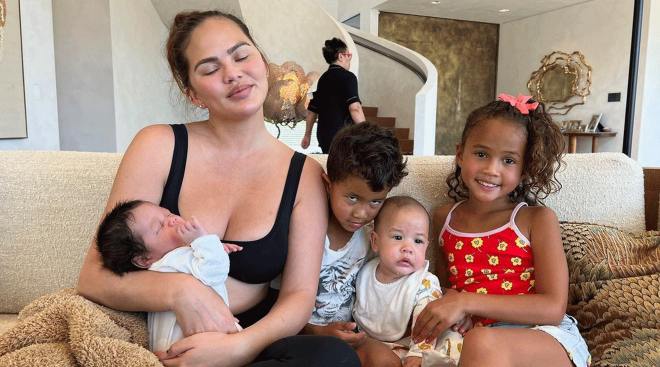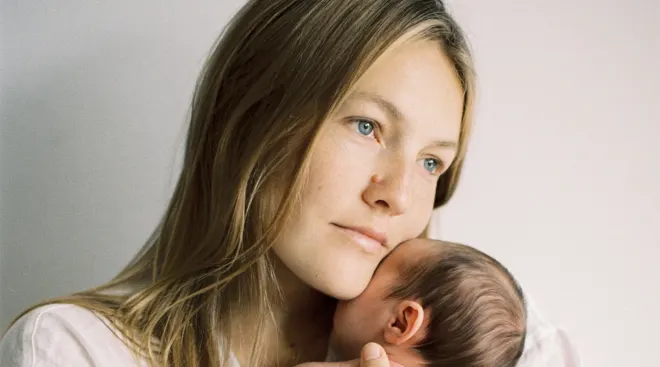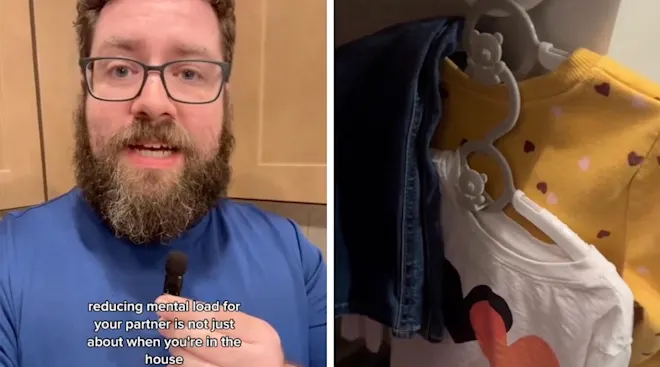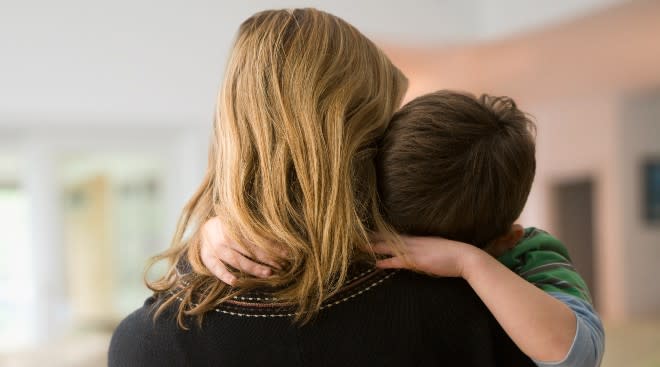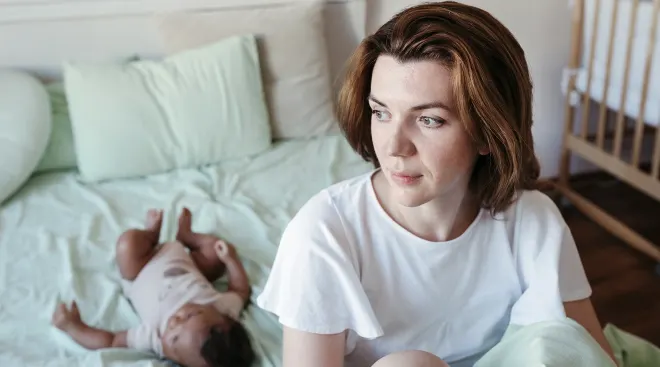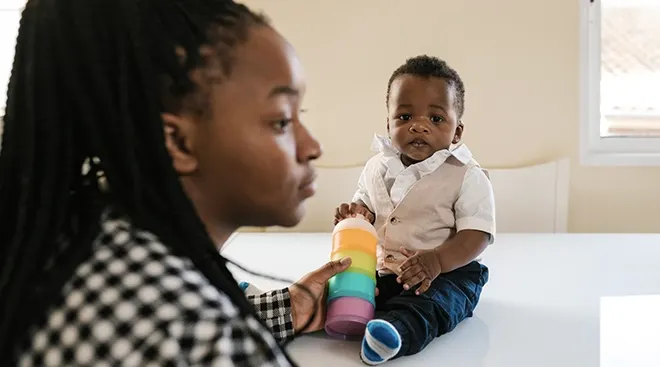How to Ground Yourself for Pandemic Parenting Challenges
These are difficult times. And that’s probably understating it. What most of us thought would be a temporary halt of everyday life followed by a swift return to normal is Still. Going. On. We can’t possibly normalize this pandemic—we’re remote learning, working from home, navigating big and small calamities on the daily all while having to keep a safe six feet of distance from our village. It’s not easy.
But chances are, you’ve been trained from childhood toward achievement and goal-setting. You want to do this parenting in the pandemic thing right. So what do we do? We try harder. We strive. The problem is, when we are striving like this, it becomes hard to simply rest in the present moment with whatever is going on. We say to ourselves, “If only I were… more calm, more intelligent, or a harder worker, in better health, wealthier…. then I would be okay. But right now, I am not okay.”
Instead, I invite you to go for “good-enough.”
The good enough parent is a concept deriving from the work of D. W. Winnicott. The basic idea is to chill out a little bit. Along the way, things are going to go wrong (hello, pandemic) and your child is going to struggle here and there. But these struggles aren’t the end of the world, and ultimately they help your child develop resilience.
Good enough parenting tells us that we don’t need to strive to be perfect parents and we should not expect perfection from our children. Problems, difficulties, hurt feelings, and bad patches will occur in every family. Reacting with blame, shame, too much control, and harsh criticism does not help. Imperfections in all human beings are unavoidable—we should expect our children to make mistakes too.
When we allow ourselves to be human, and practice healing and acceptance in ourselves, we in turn, model that for our kids. Cultivating kindness and acceptance for yourself can have a lasting impact on your relationship with your child too.
When we start to transform our thoughts from harsh criticism and judgment, to empathy and acceptance of ourselves, it translates into more empathy and acceptance of others.
This is why I’m a big advocate for mindfulness for parents—and actually sitting down for a few minutes every day to practice it through meditation. It has so many benefits and effectively zero negative side effects.
Researchers from Johns Hopkins University found 47 studies that show that mindfulness meditation can help ease anxiety, depression, and chronic pain. More research has shown that it increases positive emotion, increases social connection and emotional intelligence, and most importantly, it improves your ability to regulate your emotions (this is just what parents need!). Mindfulness meditation can significantly change how reactive our brains are over time. With reduced reactivity, you’ll be able to access the logical, rational, and empathetic prefrontal cortex allowing you to respond to your children and difficulties more thoughtfully.
Mindfulness teaches us to accept the reality of what is right here and now, and to relax into that reality. It gives us a sense of perspective and acceptance. With more clarity and awareness we stop trying to control what we really can’t control anyway (hello, pandemic). We suffer less and can be more present for those we love. It helps us ground ourselves for the very real challenges we face in this time. Truly the most healing thing we can offer our families in times of difficulty is our calm, non-judgmental, loving attention. We can offer ourselves—just as we are: good enough.
Published January 2021
Please note: The Bump and the materials and information it contains are not intended to, and do not constitute, medical or other health advice or diagnosis and should not be used as such. You should always consult with a qualified physician or health professional about your specific circumstances.
Navigate forward to interact with the calendar and select a date. Press the question mark key to get the keyboard shortcuts for changing dates.
































